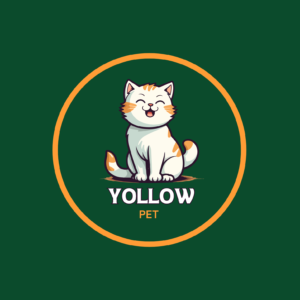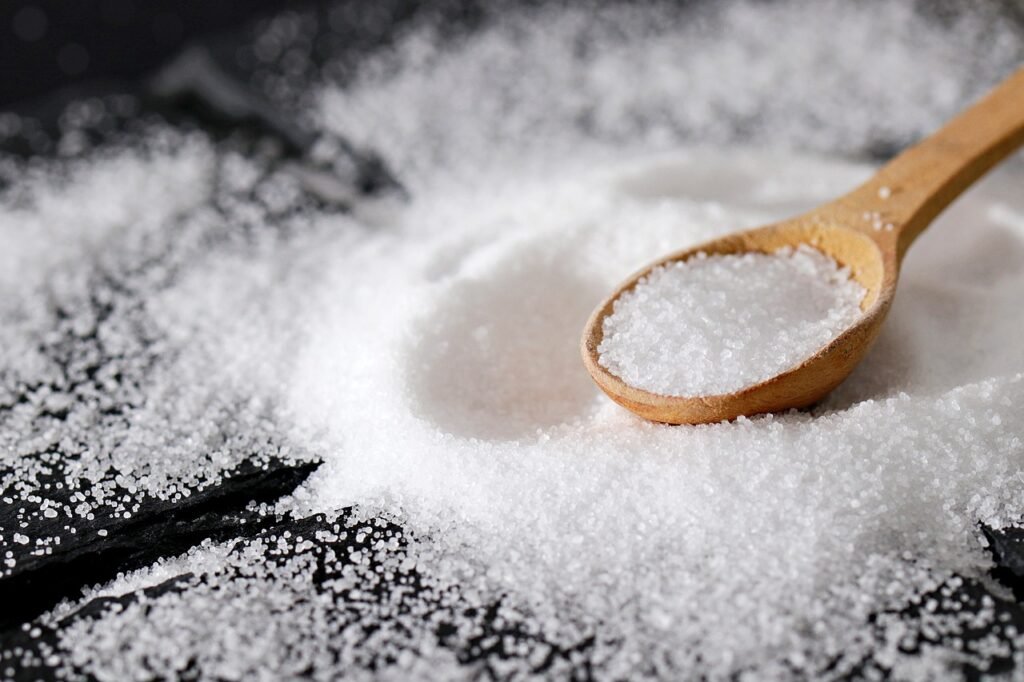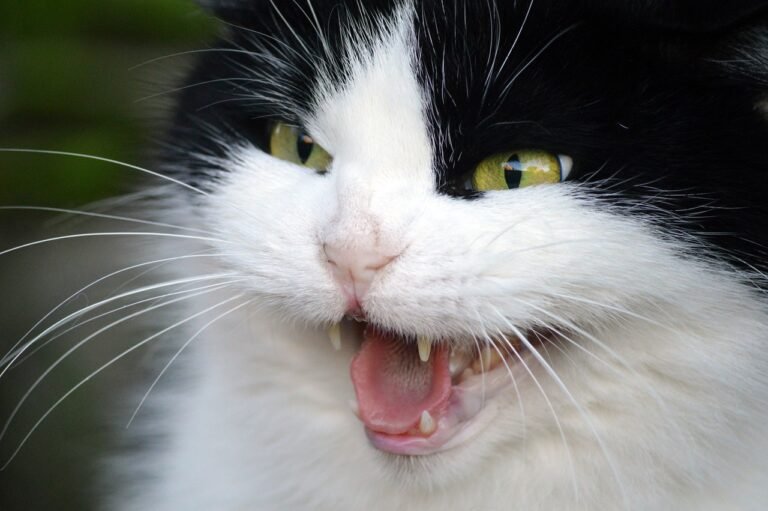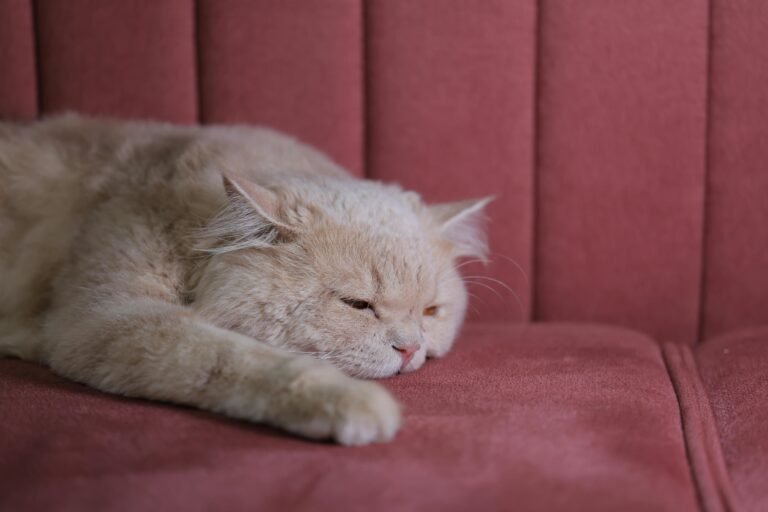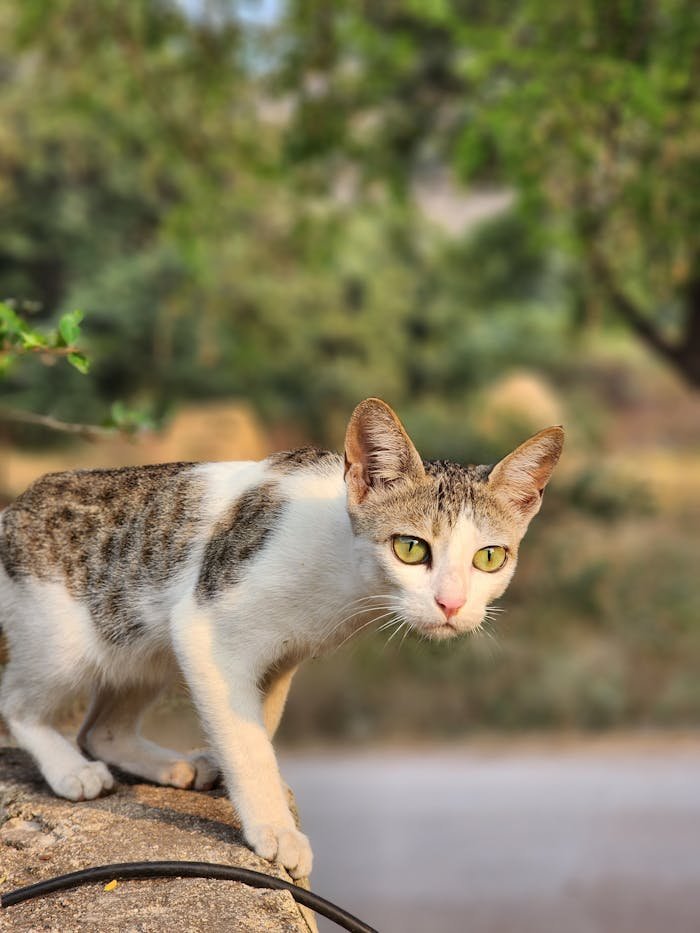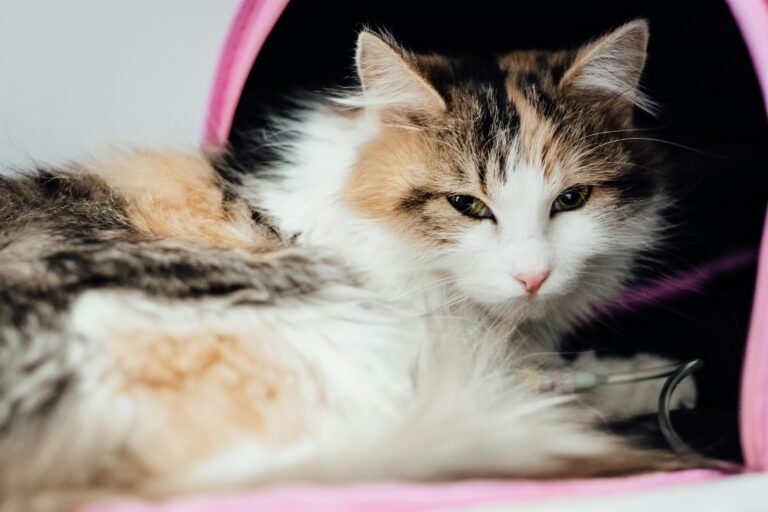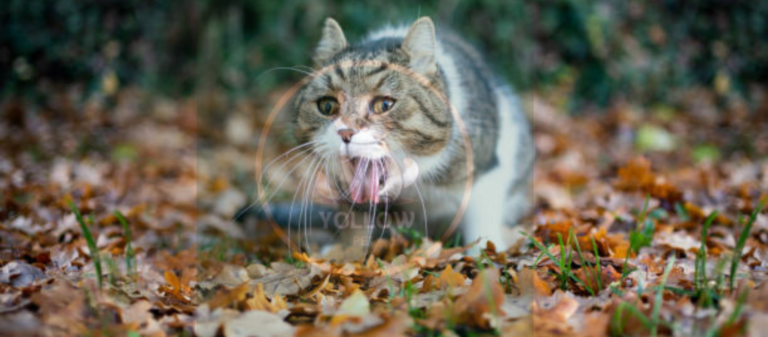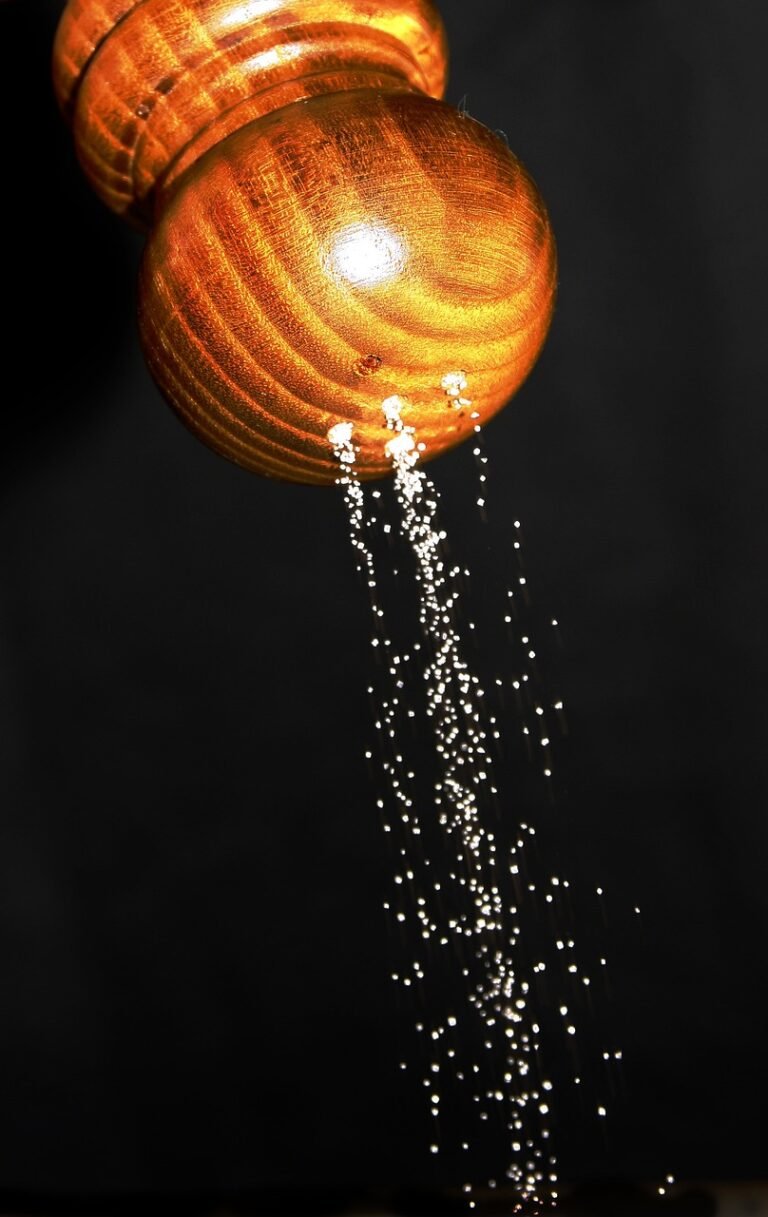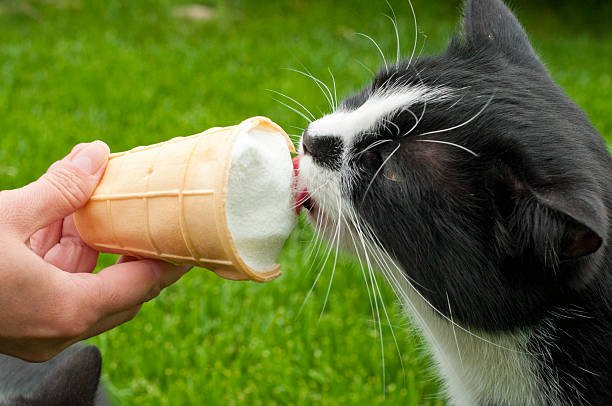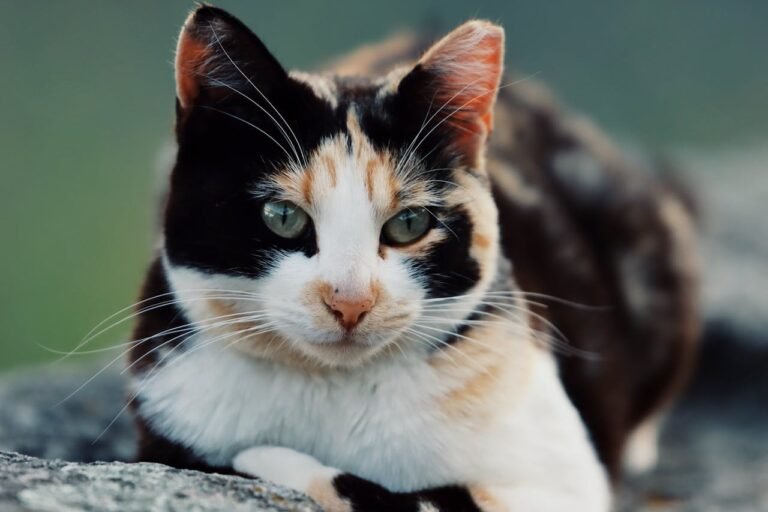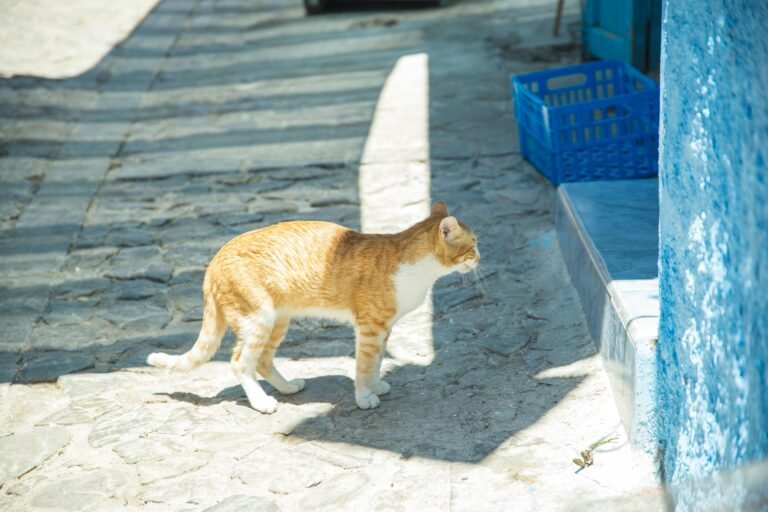Can Cat Eat Salt
Introduction
One of the most curious and independent-natured pets, cats, are often seen exploring their surroundings, sometimes leading them to ingest things they shouldn’t accidentally. As pet owners, it is important to recognize and understand what foods can be toxic to our feline friends. One frequently asked question by cat owners is about salt and whether or not cats can eat it. This article explores cat health and salt: the dangers of an oversalted diet for your feline friends.
What is Salt?
Salt is a mineral—scientifically known as NaCl—commonly used to flavor food. It is essential for regulating bodily functions such as fluid balance, nerve transmission, and muscle function in humans. Salt is naturally present in a variety of foods like meat, dairy, and vegetables. While humans require salt for these reasons, cats, being anatomically different, do not need salt as part of their diet. In fact, including salt in a cat’s diet can be unhealthy and potentially deadly, as their bodies react differently to it than ours.
Cats' Natural Diet
Cats are obligate carnivores, meaning they require animal protein for sustenance. Like humans and some other animals, cats have evolved to derive most of their nutrition from meat. Mice and birds, which are common prey for cats, provide essential protein, fat, vitamins, and minerals. Prey animals naturally contain small amounts of salt, which is sufficient to meet a cat’s sodium requirements. Therefore, cats do not require extra salt in their diet, unlike humans, who may add salt for taste or preservation.
Why Some Cat Foods Contain Salt
Certain commercial cat foods contain added salt, which can be confusing for cat owners. There are several reasons why salt is included in cat food:
- Improved taste: Salt can enhance the flavor of cat food, making it more appetizing for cats, especially picky eaters. A small amount of salt mimics the taste profile of blood from natural prey, encouraging cats to eat more.
- Preservative: Salt acts as a preservative, extending the shelf life of cat food, especially wet food. This is crucial for maintaining the taste and hygiene of the food over time.
- Nutritional balance: Cats need a small amount of salt to maintain essential bodily functions like fluid balance and nerve function. However, the required amount is very small, and most cats get enough salt from their regular diet.
The AAFCO guidelines for the maximum salt content in commercial cat foods are about 0.2% for dry food and 0.1% for wet food.
Can Cats Eat Salt?
While cats can consume small amounts of salt in moderation, excessive salt intake is harmful to their health. Unlike humans, cats do not have an efficient mechanism for expelling high levels of salt from their bodies, which can lead to health problems. The estimated daily sodium intake for a cat is 42 mg, which is much lower than the requirement for humans. Therefore, even small amounts of excess salt can have significant negative effects on a cat’s health.
Cats are naturally curious, and they may try to eat salty human food or scraps, but consuming just a small amount of salt—like the equivalent of a flat teaspoon—can be dangerous.
Dangers of Salt for Your Cat
Excessive salt intake can lead to several health issues for cats, including:
- Hypernatremia or Salt Poisoning: This occurs when there is too much sodium in the bloodstream, leading to severe dehydration and other complications. It is a life-threatening emergency that requires immediate medical attention.
- Kidney strain: Cats’ kidneys are not designed to process high levels of salt. Long-term salt consumption can strain the kidneys, worsening renal disease or damaging already weak kidneys.
- Cardiac issues: Just like in humans, excessive salt intake can cause hypertension and enlarge heart muscles in cats, leading to cardiovascular diseases.
- Electrolyte imbalance: Salt affects the balance of electrolytes like potassium and sodium, which are essential for muscle function. An imbalance can cause weakness, confusion, or even seizures.
Signs of Salt Poisoning in Cats
Common signs that your cat has ingested too much salt include:
- Increased thirst and urination: Excessive salt intake causes cats to drink more water, leading to frequent urination.
- Vomiting and diarrhea: Salt poisoning can result in gastrointestinal symptoms like vomiting and diarrhea.
- Loss of interest in food: Cats affected by salt toxicity may lose interest in food, leading to changes in energy levels and weight.
- Weakness and lethargy: An electrolyte imbalance can make cats feel weak and lethargic.
- Tremors or seizures: In severe cases, salt poisoning can cause neurological symptoms like tremors or seizures.
Preventing Salt Toxicity in Cats
If you suspect your cat has ingested a significant amount of salt, take the following steps immediately:
- Eliminate the source: Make sure your cat no longer has access to the salty food or substance.
- Provide fresh water: Encourage your cat to drink water to help flush out excess salt, but do not force the cat to drink.
- Call your veterinarian: Contact your vet for further advice. You will likely be asked how much salt the cat ingested, its weight, and any observable symptoms. In severe cases, you may need to take your cat to the vet for emergency treatment.
- Monitor your cat: Keep a close eye on your cat for signs of pain or worsening symptoms. Early intervention can prevent the situation from getting out of hand.
Tips for Preventing Salt Toxicity
- Avoid feeding table scraps: Cats should not be given human food, especially if it is heavily seasoned.
- Proper food storage: Keep salty foods and snacks out of reach from your cat.
- Check cat food labels: Look for cat foods that comply with AAFCO guidelines for salt content.
- Inform family and guests: Make sure everyone in the household knows not to feed salty human food to the cat.
- Offer fresh water: Ensure your cat always has access to clean water, which helps maintain proper hydration and electrolyte balance.
Conclusion
Cats have unique dietary needs, and they require a diet that differs from humans. While a small amount of salt is necessary for their body, too much salt can lead to serious health problems. Pet owners must be vigilant in preventing their cats from consuming salt and should provide a balanced diet to keep their feline friends healthy. If you suspect your cat has ingested too much salt, consult your veterinarian immediately. By being knowledgeable about your cat’s nutrition, you can ensure that your pet stays healthy and happy.
